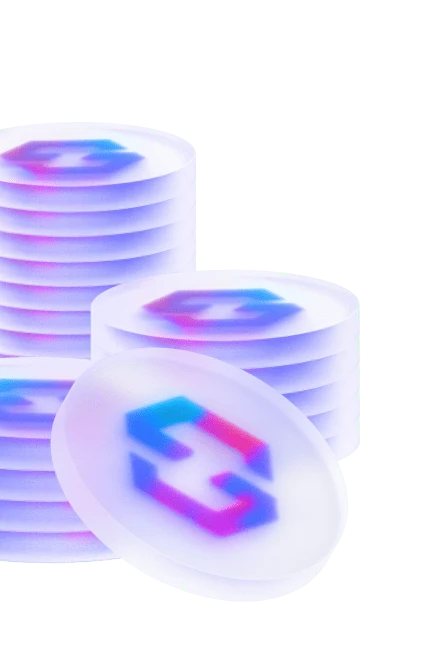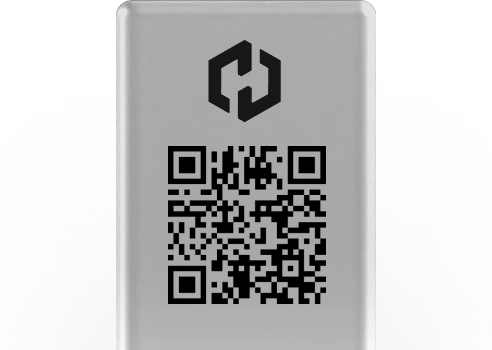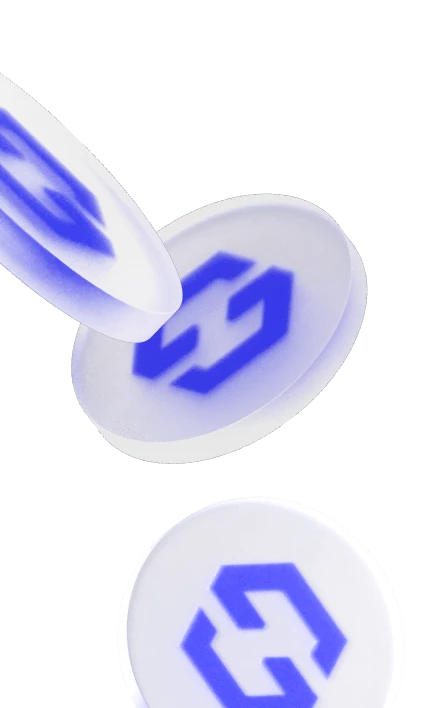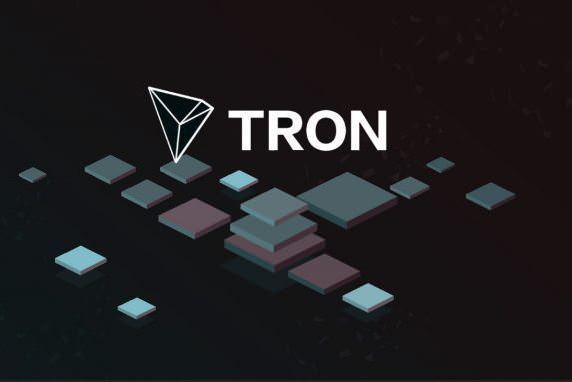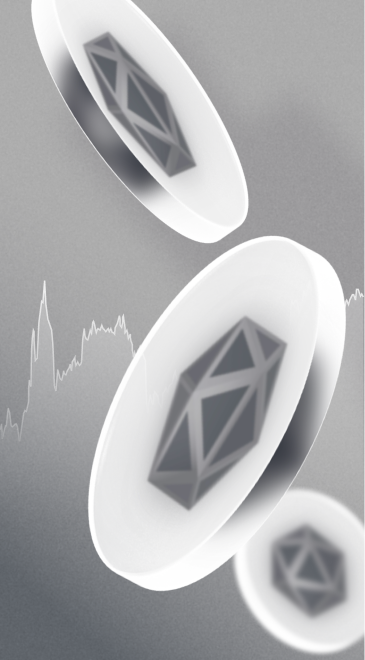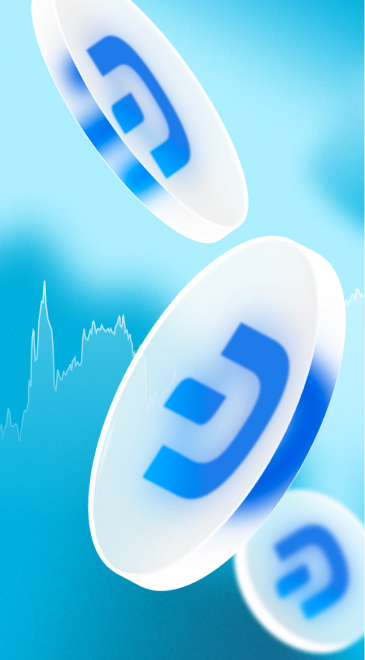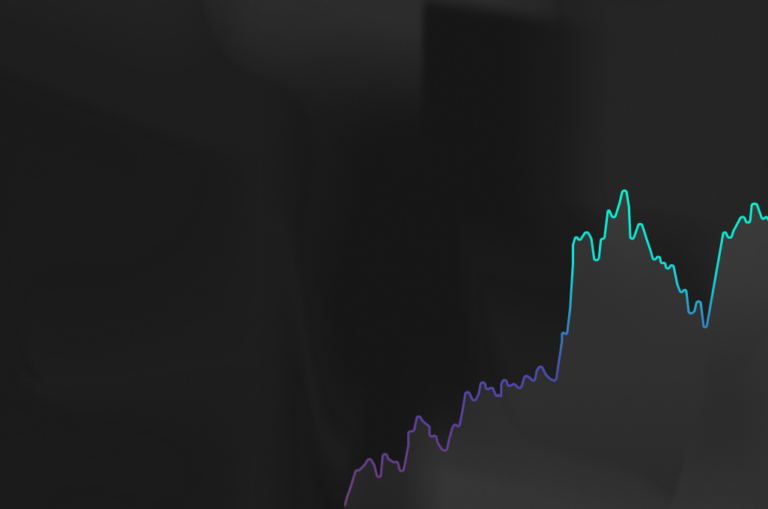The Augur marketplace offers its users the opportunity to open prediction markets based on real and dated events (ie: a result of a football match or an election), on which it is possible to bet on one of the issues via the exchange of shares in ether. The 9th of July 2018, the migration of the Augur app from the beta version to the mainnet took place.
This is a great step forward for this project launched in 2014 by Jack Peterson and Joey Krug. In April 2015, Augur’s first Smart-Contract was deployed on the network, followed by the release of the beta in March 2016. The ICO took place between these two events and raised more than 18,000 BTCs and 1,150,000 ETH (worth about $ 5.5 million at the time). For those who have not followed the Augur project, here is a short recap.
Augur is an open-source predictive platform and a decentralized oracle, using Ethereum technology. This means that Augur allows users of the platform to create markets related to upcoming events, and it is possible to bet, with ETH, on the different possible outcomes (use of Augur for the creation of predictive markets). The main need is that the outcome of the event must be verifiable in the real world. Following the resolution of the events, REP holders are then able to certify the outcome of the event via a Proof of Stake mechanism, to conclude the rewards of the linked market bets. Another noteworthy thing is that there is no trusted third party (middleman or intermediary), which greatly reduces the need for high fees.
Following the resolution of the events, REP holders are then able to certify the outcome of the event via a Proof of Stake mechanism, to conclude the rewards of the linked market bets. Another noteworthy thing is that there is no trusted third party (middleman or intermediary), which greatly reduces the need for high fees.
The Token Reputation (REP) is a cryptoasset, used by tokens holders during the litigation phases of the Augur market. In these phases, REP holders must perform a work – stacking their REPs on the correct results following the conclusion of the event – to receive a portion of the market settlement fees.
If the REP holder does not report the correct event resolution, the fee will not be credited. If he reports incorrectly, he will lose the reputation involved. Passive REP holders who do not use their reputation in the Augur protocol to bet on disputes and forks are penalized. The REP token is governed by smart contracts and aims to create an ecosystem of active holders on the Augur platform.
On https://predictions.global/, it is possible to track in real time prediction markets on Augur but also more information such as money staked on them and the percentage of positive votes on the outcome of a specific event at a specific date.
Decentralized prediction markets like Augur are extremely interesting as they are a concrete application of the wisdom of the crowds’ theory, which states that the collective opinion of thousands of people has better odds to be right than a single experts’ opinion. As of today, already 1.5 million dollars worth of ether are staked on Augur.
The use cases for Augur are numerous: future markets (take long or short positions on altcoins for example, it can serve as a hedging tool), insurances, and much more. As long as the final event is verifiable by the crowd, their is a market for it.
The Augur migration on July 9th 2018 was successful. It aimed to freeze the old smart-contract via a transaction to prepare the transitions to the main net. New REP tokens were issued to all 56,338 unique accounts that hold REP tokens at the time of the previous smart-contract freeze. The new REP token contract is available here. It is no longer possible to pause the contract, which means that all future Augur updates will have to go through an opt-in deployment. A new version of Augur’s App is also available here.
The prediction markets field is expanding, which increases the interest we can have for this token.
